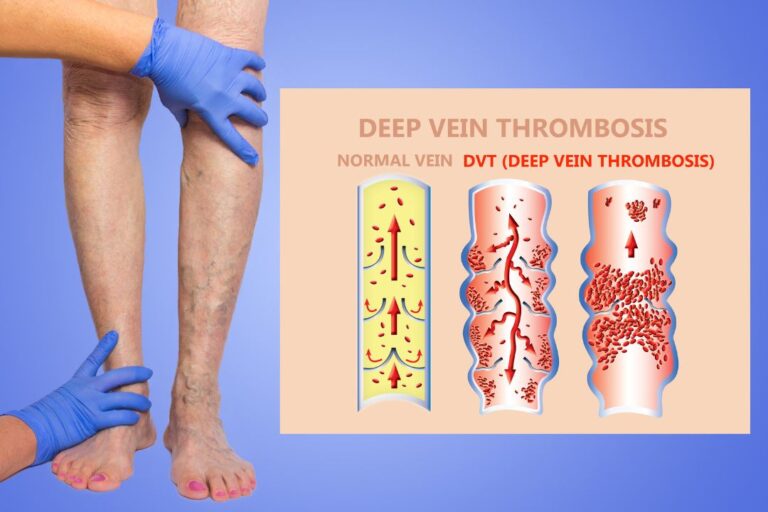Mastering Hydration for Optimal Vein Health
 Introduction: Understanding the Impact of Hydration on Vein Health
Introduction: Understanding the Impact of Hydration on Vein Health
In our “24 Days of Vein Health” campaign, we turn our focus to the critical role of hydration in maintaining vein health. This comprehensive guide delves into the importance of hydration for veins, emphasizing its significance in the broader context of vascular health.
The Vital Role of Hydration for Veins
Why Adequate Hydration Is Essential for Your Veins
Proper hydration is fundamental to vein health. It ensures that the blood maintains an optimal viscosity, facilitating smooth circulation and reducing stress on the veins.
Consequences of Dehydration on the Venous System
Dehydration can thicken the blood, increasing vascular resistance. This heightened strain can contribute to various vein-related issues, including the development of varicose veins or the risk of deep vein thrombosis (DVT).
Benefits of Hydration for Circulatory Health
Promoting Efficient Blood Flow
Staying well-hydrated aids in maintaining efficient blood circulation, essential for the health of the entire venous system.
Preventing Vein-Related Conditions
Adequate hydration plays a preventive role against several vein-related conditions, helping to maintain vein elasticity and function.
Hydration Strategies for Optimal Vein Health
Guidelines for Daily Water Intake
General recommendations suggest drinking at least eight 8-ounce glasses of water a day. However, individual hydration needs can vary based on factors like age, weight, climate, and activity level.
Including Hydrating Foods in Your Diet
Beyond water intake, incorporating water-rich foods into your diet is an effective strategy to stay hydrated. Foods like cucumbers, watermelons, oranges, and leafy greens contribute significantly to overall hydration.
Recognizing and Combating Dehydration
Identifying the Early Signs of Dehydration
It’s crucial to be aware of dehydration symptoms, which include dry mouth, tiredness, dark-colored urine, and reduced urination. Addressing these signs promptly can prevent further dehydration and protect vein health.
Practical Tips for Maintaining Hydration
Effective Hydration Habits
Developing consistent hydration habits, such as starting your day with a glass of water, carrying a water bottle, and hydrating before, during, and after exercise, is vital for vein health.
Hydration in Different Life Stages
Hydration needs can change with age. Children, adults, and seniors have different hydration requirements, and it’s important to adjust water intake accordingly.
Conclusion: Embracing a Hydration-Focused Lifestyle for Vein Health
Committing to a Hydrated and Healthy Life
Incorporating effective hydration practices into your daily routine is a simple yet impactful way to support your vein health. Embrace the journey towards optimal hydration for a healthier vascular system.
FAQs
- Why is proper hydration crucial for vein health?
Adequate hydration ensures blood consistency, promoting smoother circulation and reducing vein strain. - Can dehydration lead to serious vein problems?
Yes, dehydration can cause blood to thicken, increasing the risk of conditions like varicose veins or DVT. - How much water is ideal for maintaining vein health?
Aim for at least eight 8-ounce glasses daily, though individual requirements may vary. - What are the signs of dehydration to look out for?
Common signs include dry mouth, fatigue, dark urine, and decreased urine output. - Apart from drinking water, how can I stay hydrated?
Include hydrating foods like fruits and vegetables in your diet to aid in maintaining hydration.







